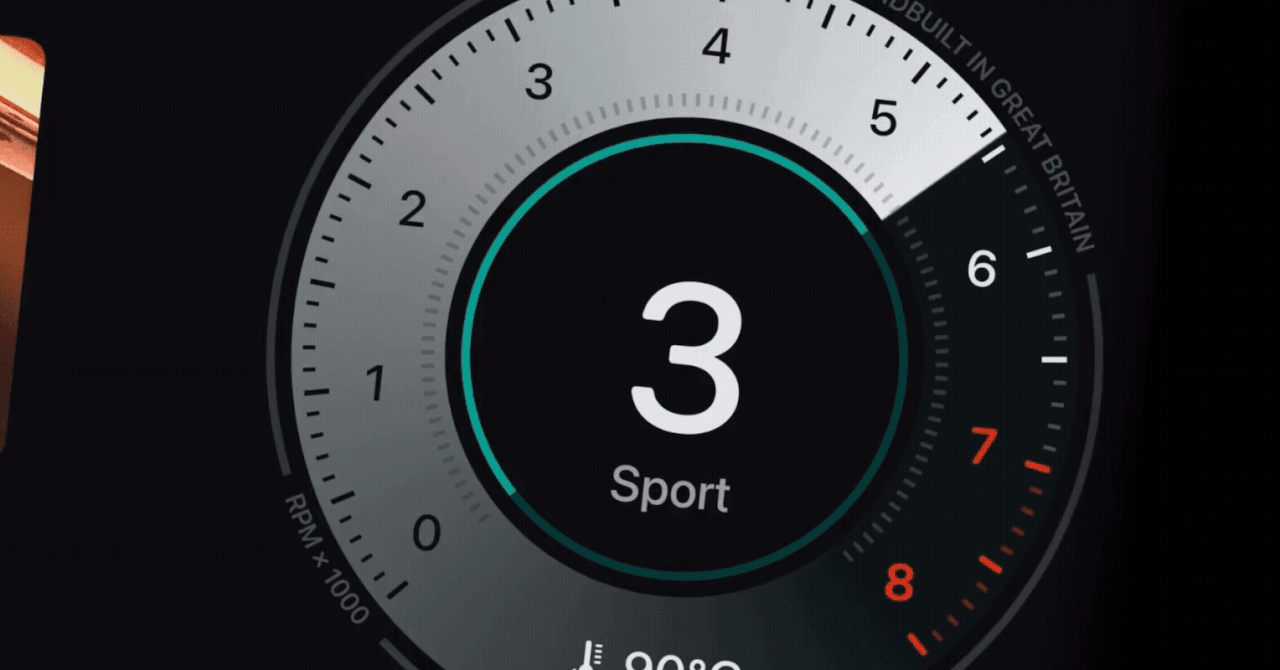The Lord forgives. So, in time, do film critics, whose snap judgements can be as severe as the punishments of a vengeful god. There was certainly some Old Testament fury to the reviews that crashed like lightning upon Constantine, the 2005 Vertigo comics adaptation that cast Keanu Reeves as an existentially bummed anti-hero, sending unruly half-demons back to Hell with a cigarette dangling from his sneering mouth and a middle finger raised high. But the movie, which turns 20 today, has aged better than you might imagine, given its initially damning reception. Maybe this minor Hollywood hit simply benefits by comparison to what passes for a special-effects spectacle in our current fallen world.
Constantine was Keanu’s first starring role after the conclusion of the Matrix trilogy, and no one could help reaching for unflattering comparisons. (Of course, the Matrix sequels were considered disappointments, too, before being reclaimed in the years that followed.) Certainly, there were parallels to draw between the messianic rise of Neo and the misadventures of John Constantine, another messiah of sorts, able to see the secret design of the world around him and forced to save his fellow man from a shape-shifting, incognito threat. Constantine simply made the religious subtext of The Matrix into text, trading Descartes for scripture.
Fans of the Hellblazer comic had plenty to complain about, too. The film was conceived without the blessing or involvement of Alan Moore, co-creator of the character and revered creative godhead with a grudge against the Hollywood system bastardizing his work. Constantine, which predates the fan-courting fidelity of modern comic-book movies, is what you could call a very loose adaptation. It relocates the action from Liverpool and London to Los Angeles, while refiguring the famously blonde title bloke into a dark-haired American goth, a neo-Neo. (The short-lived NBC series hewed a little closer to the Constantine of the page.)
Reeves wouldn’t be any diehard’s first choice to play a character modeled on the rock star Sting. All the same, he’s a lot of fun in the role — the exorcist as chain-smoking noir detective. “God’s a kid with an ant farm,” he says, with a cynicism that would make Humphrey Bogart proud, even if he was too cool to show it. Can we really blame this salty holy man for his angst? In the revised backstory cooked up by screenwriters Kevin Brodbin and Frank Cappello, John attempted suicide as a teenager to stop the visions of angels and demons running through his head — a mortal sin that plummeted him to Hell for two minutes that felt like forever, and which guaranteed he’d eventually return for permanent damnation. Keanu’s performance carries the bitter burden of that knowledge. He’s soulfully miffed.
The plot of Constantine is silly and convoluted. It involves the unearthed Spear of Destiny (that is, the lance that supposedly poked and prodded Christ on the cross), the ambitious son of Satan, twin psychic sisters played by Rachel Weisz, and a collaboration between Heaven and Hell meant to bring about a thousand years of darkness or something. But there’s lots of fun around the edges of the story, particularly in the matter of handing its hero Men in Black-style tools of the trade. Constantine consults his own version of James Bond’s tech support, Q; loads up sprinklers with holy water; sports brass knuckles with cross indentations on them. At one point, he shakes down a half-demon played by Bush frontman Gavin Rossdale by threatening to send him not back to inferno but up to paradise, where they don’t take too kindly to minions of Beelzebub.
The cast is better than you might expect or remember. Reeves and Weisz invest the melodrama and exposition alike with dignity, as through they weren’t headlining a goofy graphic-novel riff on Catholicism. This is also a movie that secures a pre-Oscar-winning Tilda Swinton to play mad, androgynous half-angel Gabriel — a character, and performance, that deserved more screen time — and Coen-brother regular Peter Stormare as a gloating, eccentric Lucifer. The weak link, naturally, is Shia LaBeouf, though it’s not really the then-rising star’s fault: His character, an eager getaway driver and sidekick, feels shoehorned into the proceedings, as though the studio felt that such moody material demanded some broad comic relief.
Constantine could definitely be scarier. Its vision of Hell is a bit of a bust — a blazing City of Angels that’s like something out of a bad Terminator sequel. And most of the unholy attractions are weightless digital phantoms, conjured through CGI that now looks like the one element here that has aged badly. You might wish that the movie gave us more of Constantine on the job, trudging to work like the Almighty’s most put-upon exterminator. The first set-piece, in which Keanu trash talks the evil spirit that’s turned some innocent girl into a post-Y2k Regan MacNeil, promises a thriller at once funnier and more intense than the one we get.
All the same, it’s above-average studio claptrap. What sticks out today is the relative competence, even the casual elegance, of the filmmaking. Francis Lawrence, the music-video veteran who made his feature debut with Constantine (before going on to direct I Am Legend and most of the Hunger Games movies), has a refreshing affinity for exaggerated angles and dynamic framing. You can always tell what’s going on this movie — a virtue that should be a given, but unfortunately isn’t in our present age of overblown, under-thought tentpoles. If time has been kind to Constantine, that’s mostly because the baseline sturdiness of its craftsmanship is no longer something you can take for granted in Hollywood franchise fare. It’s a relic of a time before the industry decided that we’d all accept slop.
Let’s not overstate the matter: Constantine isn’t some deeply underrated classic. But it’s sporadically inventive and engaging pop filmmaking, elevated a couple notches above “good enough” by Keanu’s usual samurai charisma, fun mythology, and some striking imagery. Of course, there are those who do love the movie. It has a bona fide cult following at this point… which is one reason Reeves and Lawrence have decided to reunite for an unexpected sequel now in the works. In all likelihood, this belated follow-up will be met with disappointment, just as the original once was. But that’s never a strictly final judgement. Purgatory is packed with blockbusters awaiting redemption, salvation, and a second look.
Constantine is available to rent or purchase from the major digital services. For more of A.A. Dowd’s writing, visit his Authory page.











-Abstract-Background-102024-SOURCE-Thuma.jpg)
